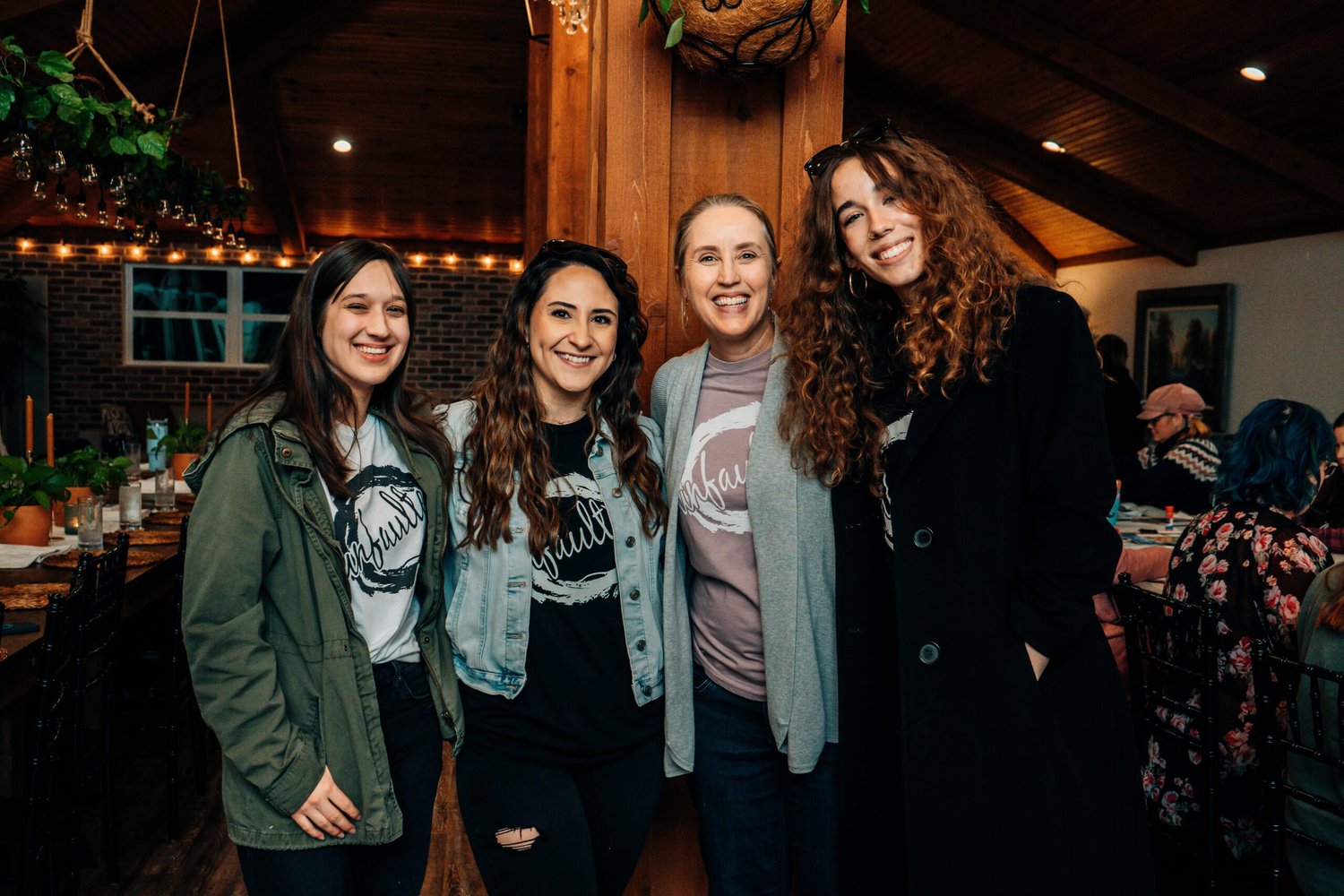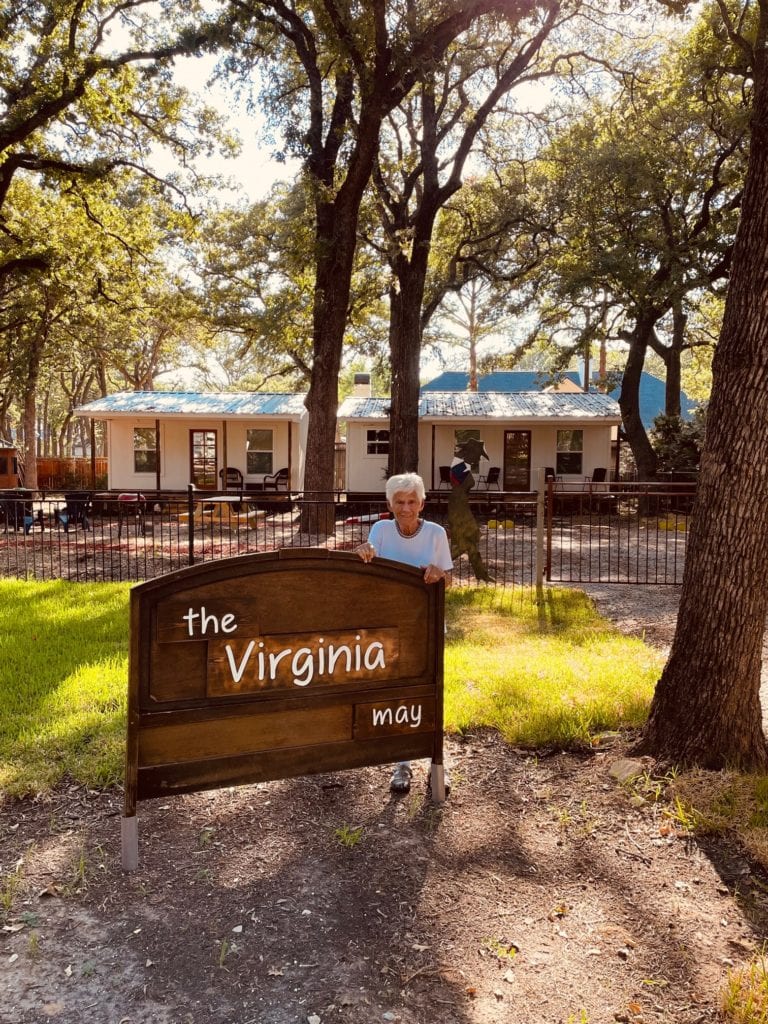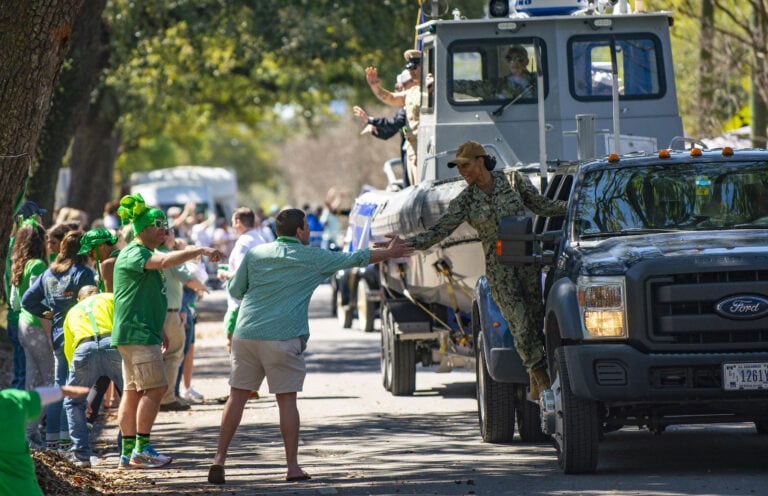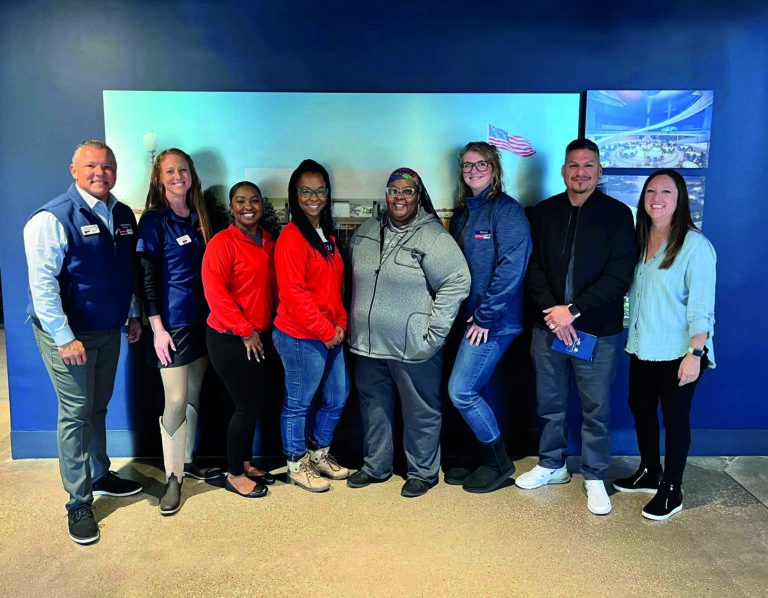All Things Are Possible
There’s a fair amount of open, honest, informative conversation about the foster care system. We know, or at least we believe we know, that the system works diligently to place kids into loving, accepting, and supportive homes. Foster parents enter the situation knowing the leading goal is the reunification of the child with his/her family. The state works with the family through counseling, classes, rehabilitation, therapy, and other exercises to make that goal possible.
Foster children who are not reunited may remain with their originally assigned foster family or, for a variety of reasons, may be moved to another foster environment. The system is complicated. It’s bureaucratic and tangled with miles of red tape. It requires exhausting hours on the telephone. In other words, it’s not easy. Yet, navigating the twists and turns is almost like paddling down a calm creek when compared to what happens to the 23,000 kids who “age out” of the system each year on their eighteenth birthdays.
What should be a joyous and celebratory event is filled with confusion and fear for many of those 23,000 kids.
“We have a very active foster group at my church,” Angela Lippens explains. “Also, my husband Ben and I were youth ministers for years. Those two elements combined to ignite our interest in the foster system in general and specifically in those 23,000 aging out kids.”
Angela began researching, and what she found kept her awake at night.
“Many of these kids walk out of their foster home and have no place to sleep that night. Many become homeless. Hundreds of females end up in sex trade, which provides them with food and a roof over their heads. Others get into drug use or abusive relationships.
Once I learned about the problem, I couldn’t sit idle and do nothing about it.
“I learned there was a government agency in place to administer benefits already available for these kids, including free health insurance and free college education. Some of them are given the information when they’re still in foster care, but they are the last things on a teen’s mind. Since it’s a government agency, it has the same red tape, endless phone calls, and lost hours of being left on hold. It’s not for kids to handle.”
In January 2018, Angela founded an LLC as a business to employ foster kids as they aged out of care. A short time later, she and Carin Bird, a friend, and co-worker, began talking through the problems facing these youth. Through personal relationships with foster care alumni, the two realized there was a great need for relational support.
“She was right,” Angela admitted. “The agency administering the benefits of insurance and college has hundreds of kids assigned to their caseloads. I asked Carin to partner with me. She agreed, and we started Unfaulted as a non-profit at the end of 2019. After three years of simultaneously running Unfaulted and maintaining full-time jobs, we decided to quit our jobs to pursue the mission of Unfaulted full-time.
“At Unfaulted, we focus on establishing healthy, lasting relationships that help lay the foundation for future stability. We have a staff of two – Carin and me! But we have an incredible group of volunteers. We impress on each volunteer that this is a long-term relationship and not just a few weeks of helping. Each girl who comes to us is assigned a mentor. We currently have 14 active girls, and we add 10 new members per year. Some have jobs and live on their own. Others are in group housing. Still others are in shelters, and yes, some are homeless. We’re working hard to build our housing partnerships to hopefully eliminate the homeless.”
Statistics say only two percent of the 23,000 kids who age out go to college. Unfaulted boasts 50 percent of its girls in college, with most majoring in some form of social work. All enrolled members of Unfaulted are put in touch with resources for life skills classes, group therapy, housing assistance, job training, educational support, financial assistance, community support, help in applying for benefits, and spiritual guidance.
“We do not make any religious discriminations, and we do not require any specific beliefs or church attendance. We do hope and pray that every member accepts Jesus, and we’re upfront about our Christianity and how important it is to us.”
Angela and Carin need a great deal. They need more time, more volunteers, and more donations. But they also know nothing is impossible through the One who strengthens them.
Information on their website, info@unfaulted.org, Facebook, Twitter, and Instagram.







